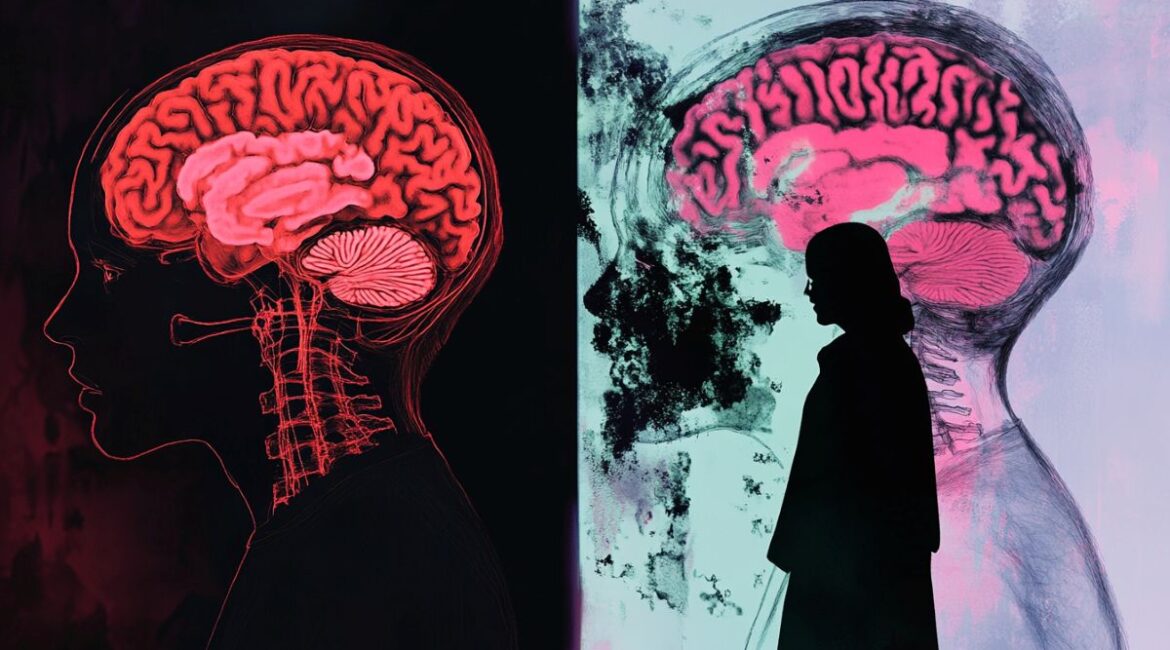Summary: New research reveals that witnessing trauma triggers unique brain changes, distinct from those caused by experiencing trauma firsthand. The study found that indirect trauma leads to different protein degradation patterns in key brain regions involved in fear memory.Researchers also identified sex-specific differences, which may explain why women are twice...
Verbal Fluency Could Affect Human Life Expectancy
Summary: A recent study reveals a surprising link between longevity and verbal fluency—the ability to effectively recall and utilize vocabulary. Researchers analyzed cognitive data from the Berlin Aging Study, involving over 500 elderly participants tracked for nearly two decades, assessing verbal fluency alongside memory, perceptual speed, and verbal knowledge.Of these...
When Did People First Talk? Genes Can Discover New Evidence About Language Origins
Summary: New genetic research suggests that humans first developed language around 135,000 years ago when populations began geographically splitting, followed by widespread social use around 100,000 years ago. Using data from 15 genetic studies, researchers found that early human groups branched out approximately 135,000 years ago, which likely coincides with...



